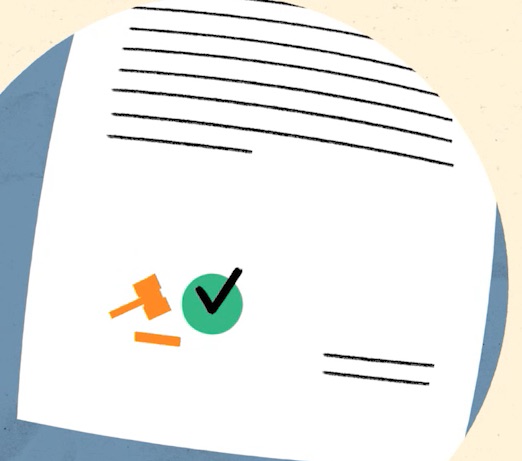
EQAR’s Self-Evaluation Report published
EQAR members endorsed the Self-Evaluation Report (SER) at the General Assembly held on 16 April. This is the third self-evaluation since EQAR was founded in 2008.
Find out more about EQAR’s past (external) evaluations
Scope
Three specific questions were considered in the course of the current self-evaluation:
- Are the processes related to the Register fit for purpose?
- How has EQAR performed against the indicators defined in the Strategic Plan 2018-2022?
- What is the extent of EQAR’s contribution to the wider policy goals enshrined in its mission and objectives, and the vision of the EHEA?
Authors
The report was drafted by the Self-Evaluation Group (SEG), in consultation with all EQAR bodies, and included members of the General Assembly, the EQAR Executive Board, the Register Committee and Secretariat. Check out the composition of the Self-Evaluation Group
Sources
In preparing the report, the SEG drew upon the feedback regularly elicited from applicant agencies and on internal reflections of the Register Committee and the Executive Board. Furthermore, the SEG received feedback on the workings of EQAR from a survey among EHEA governments, stakeholder organisations and quality assurance agencies.
Conclusions
At the end of the report, 25 conclusions are ordered in SWOT analysis style (strengths, weaknesses, opportunities and threats), followed by a number of possible action points. Four of the presented opportunities are:
- Since its launch, DEQAR has attracted a greatly increased number of visitors to the EQAR website. Large potential lies in establishing better connectivity of DEQAR with other initiatives, especially digital credentials and study portals.
- In order to inform the EHEA activities related to the key commitments, there is a high demand for Europe-wide monitoring and analysis on their implementation. The EQAR Knowledge Base has become a widely-appreciated tool and its further development may help EQAR to consolidate its position.
- There is a clear wish for EQAR to feed its expertise and wealth of statistical and analytical information – based on its registration processes as well as its general monitoring – in to the relevant policy debates.
- The cross-border recognition of QA agencies and their results based on EQAR registration is an agreed EHEA policy. As a result of the European Universities initiative, the need to advance cross-border recognition of QA results is expected to gain relevance.
Download the Self-Evaluation Report [PDF, 1MB]
The next steps in the EQAR’s external evaluation process are the site visit in summer and the final external report towards the end of the year.